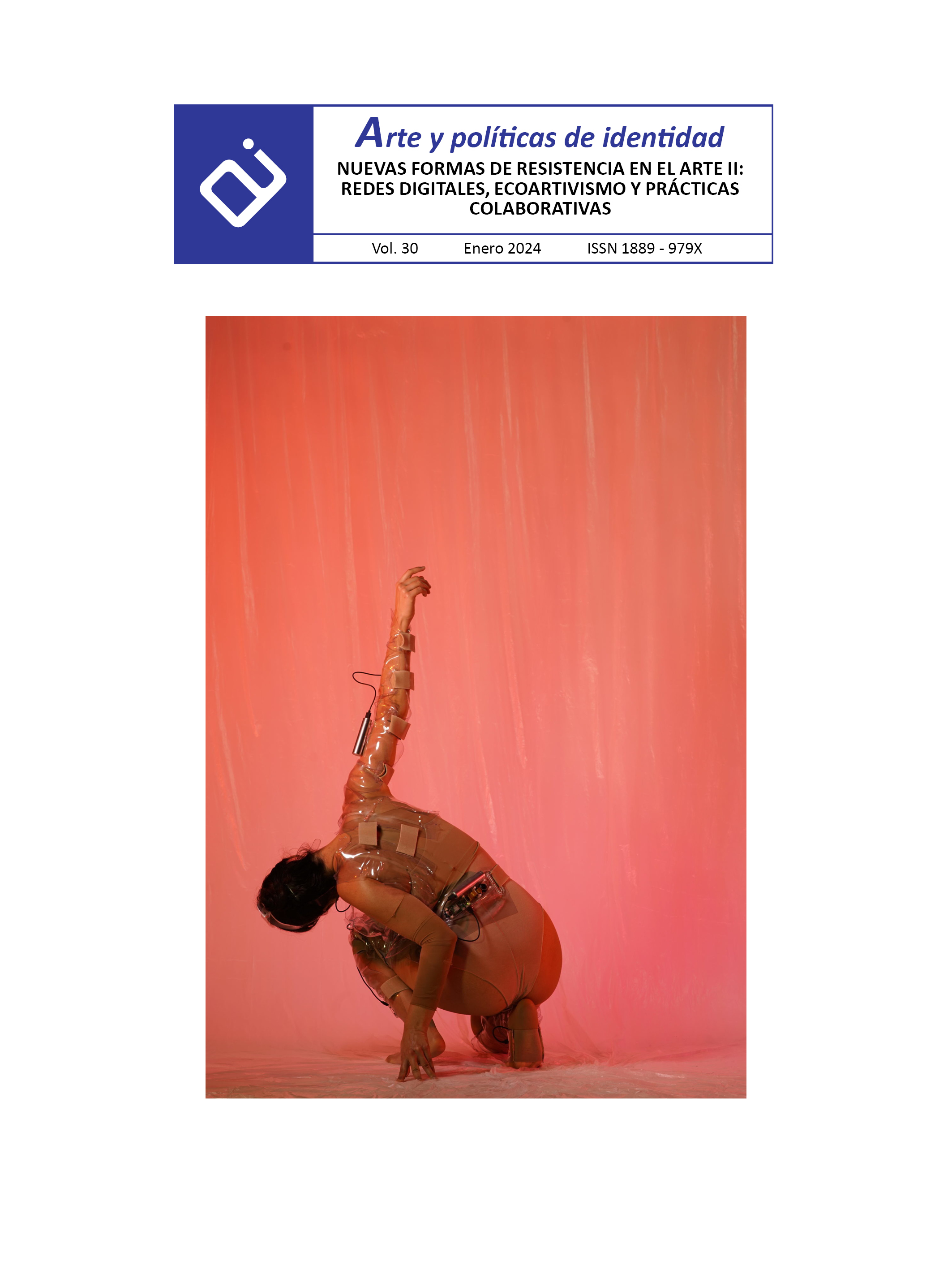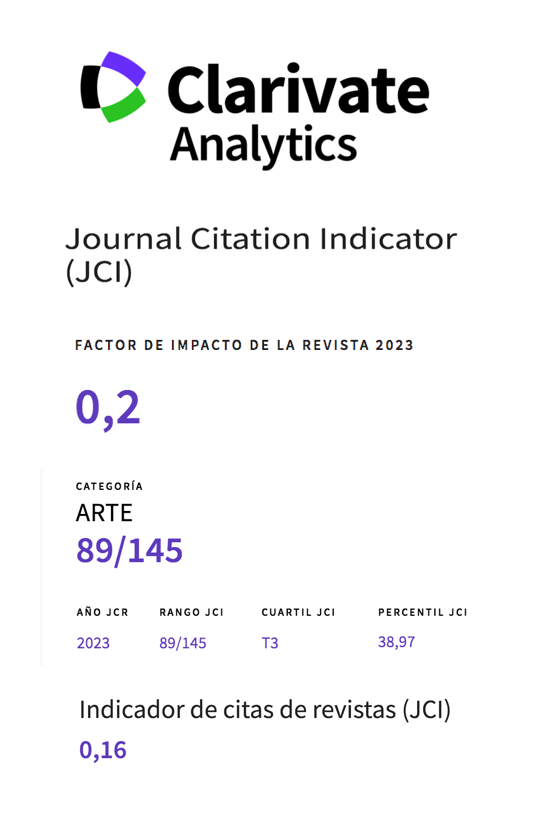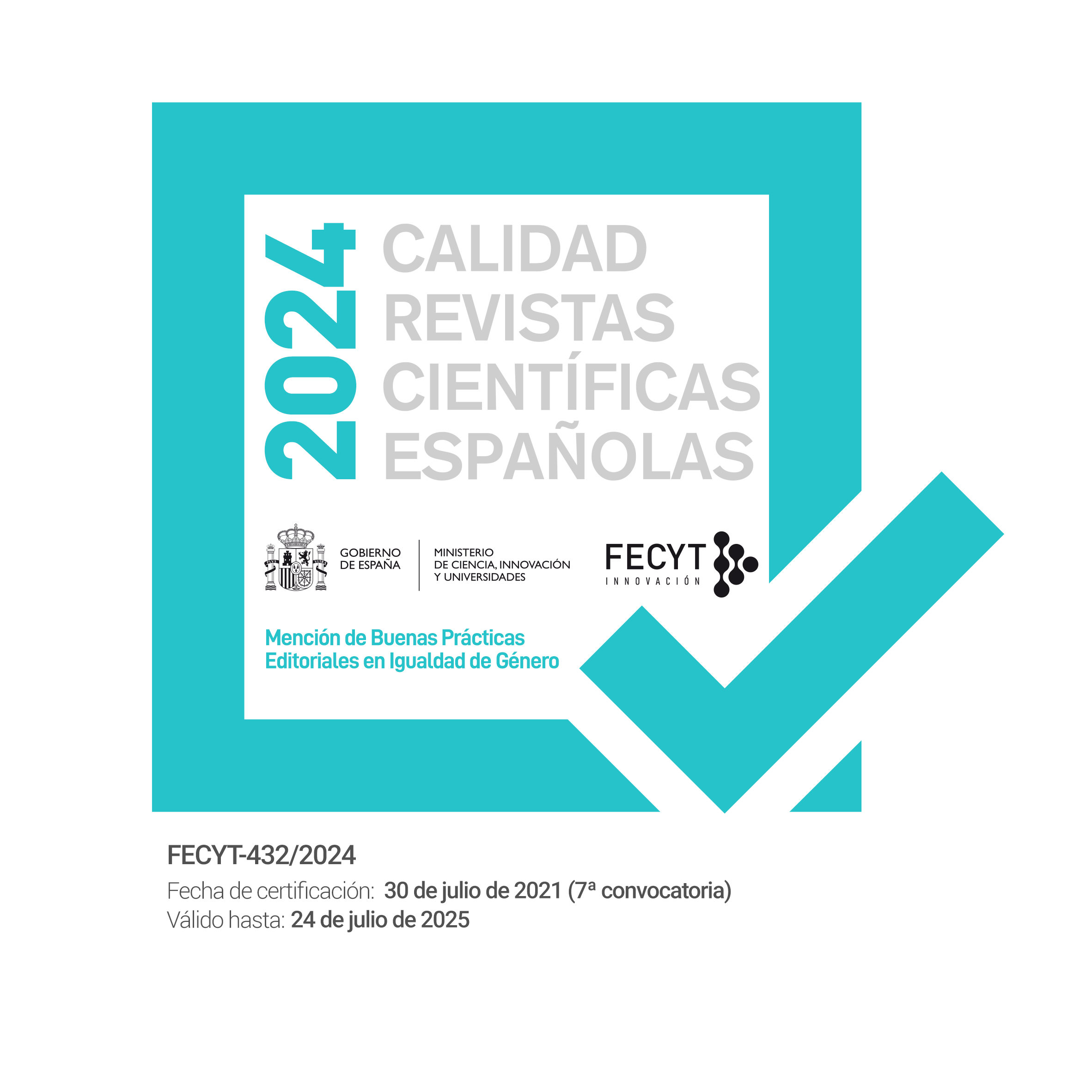Scenic (re)presentation as a form of conceptualization in educational processes. A commitement to interpretative autonomy
Supporting Agencies
- National Council for Scientific and Technical Research / National University of Córdoba
Abstract
This work is aimed, from a critical Latin American –decolonial– perspective, to consider the relationship between languages and knowledge in educational processes, from an specific pedagogical experience of higher education. Thus, and through the methodology of semiotic analysis, different resources of representation are considered, giving special attention to the forms of linkage that they enable as well as the possibilities of approaching what has been called here "interpretative autonomy". The purpose of this operation is oriented to the vindication of performance as a privileged form of conceptualization, understanding that this postulation is inscribed in a broad process of regional epistemic emancipation. The development of the text, then, starts from the recognition of the pedagogical and investigative background that today allow the deployment of experiences and arguments that bet on other ways of producing and, especially, communicating knowledge. The point of arrival also highlights the way in which these forms of sense production, reviled by the colonial enterprise, are today – although in an incipient way – claimed by the same institutional spheres that have historically relegated them, displacing them from their capital cultural place.
Downloads
-
Abstract210
-
pdf (Español (España))196
References
Ariza. L. (2018). Más acá o más allá de la diferencia sexual. Para una epistemología feminista alternativa a través de Elizabeth Grosz y Myra Hird. Descentrada 2(2). Recuperado de:http://www.descentrada.fahce.unlp.edu.ar/article/view/DESe048
Barthes, R. (2009). Escritos sobre teatro. Paidós.
Bateson, G. (1991). Pasos hacia una ecología de la mente. Grupo Editorial Planeta.
Brecht, B. (2004 [1947]). Escritos sobre teatro. Alba Editorial.Butler, J. (2007). El género en disputa. El feminismo y la subversión de la identidad. Paidós.
Butler, J. (2002). Cuerpos que importan. Sobre los límites materiales y discursivos del «sexo». Paidós.
Fals Borda, O. (Comp.) (1998). Participación Popular: Retos del Futuro. ICFESIEPRI-COLCIENCIAS Editores.
Fairclough, N. (2003). Analysing Discourse: textual analysis for social research. Routledge.
Ferrão-Candau, V.M. (2020) Fertilizando a construção de saberes e práticas na área de educação. En A. Ortega-Cancedo y M. Lang (Eds.) Gritos, grietas y siembras de nuestros territorios del sur. Universidad Simón Bolivar y Abya Yala.
Kaplún, M. (1998) Una pedagogía de la comunicación. Ediciones de la Torre.
Macedo, M.L. (2020). Universidad y escuela campesina. Educación popular y pedagogía decolonial en Mocase Vía Campesina, Argentina. Universidad Federal Da Integraçao Latinoamericana. Recuperado de https://dspace.unila.edu.br/handle/123456789/5901
Mignolo, W. (2010). Desobediencia epistémica. Del Signo.
Mignolo, W. (2000). La colonialidad a lo largo y a lo ancho: el hemisferio occidental en el horizonte colonial de la modernidad. En E. Lander (Ed.). La colonialidad del saber: eurocentrismo y Ciencias Sociales. Perspectivas latinoamericanas (pp. 55-85). CLACSO. Recuperado dehttps://biblioteca.clacso.edu.ar/clacso/sur-sur/20100708034410/lander.pdf
O’Neill, P. y Wilson, M. (eds.) (2009). Curating and the Educational Turn. De Appel/Open Editions.
Ortecho, M. (2016). Por fuera de la lengua y el tiempo. Diálogo de saberes en América Latina. Mundo nuevo, nuevos mundos, 12. Recuperado de http://dx.doi.org/10.4000/nuevomundo.69823
Ovejero, A. (1997). Paulo Freire y la psicopedagogía de la liberación. Psicothema, 9(3), 671-688. Recuperado de https://www.psicothema.com/pi?pii=136
Pavis, P. (2000). El análisis de los espectáculos. Paidós. Sociales.
Reinelt, J. G. & Roach, J. (2006). Critical Theory and Performance. Michigan Press.
Rueda, L. (2023). Aportes de la concepción deweyana de la experiencia al desarrollo de una perspectiva pragmatista sobre las actividades artísticas: Una lectura de El arte como experiencia. [Tesis de Doctorado. Universidad Nacional de La Plata. Facultad de Humanidades y Ciencias de la Educación] https://www.memoria.fahce.unlp.edu.ar/tesis/te.2503/te.2503.pdf
Schechner, R. (2000) Performance. Teoría y prácticas interculturales. Libros del Rojas–UBA.
Verdeja Muñiz, M. (2019). Concepto de educación en Paulo Freire y virtudes inherentes a la práctica docente: orientaciones para una escuela intercultural. Contextos: Estudios de Humanidades y Ciencias Sociales, 42. Recuperado de http://revistas.umce.cl/index.php/contextos/article/view/1469/1519
Copyright (c) 2024 Servicio de Publicaciones de la Universidad de Murcia

This work is licensed under a Creative Commons Attribution-NonCommercial-NoDerivatives 4.0 International License.
Works published in this journal are subject to the following terms:
- The Service of Publications from the University of Murcia (publishing house) keeps the published works’ copyrights, and favors and allows the reuse of these works under the license indicated in point 2.
- Works are published in the journal’s online edition under the license Creative Commons Reconocimiento-NoComercial-SinObraDerivada 3.0 España(texto legal). They can be copied, used, disseminated, transmitted and publicly exhibited, as long as: i) the author and original source of publication are cited (journal, publishing house and work’s URL); ii) they are not used for commercial purposes; iii) the existence and specifications of this license are mentioned.
3. Conditions for auto-file. It is allowed and encouraged that authors share electronically their pre-print version (the pre-reviewed version) and /or post-print version (the reviewed and accepted version) of their Works before the publication, since it promotes its circulation and dissemination. RoMEO color: green.










